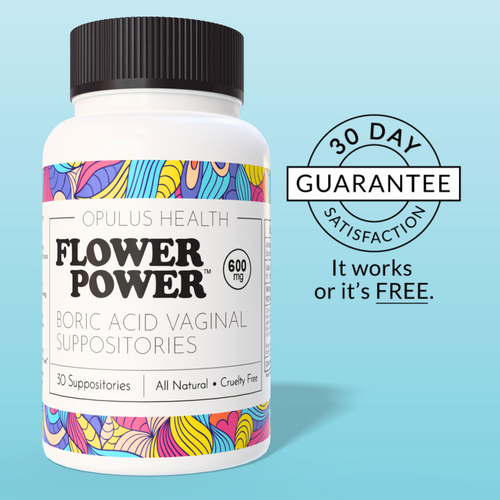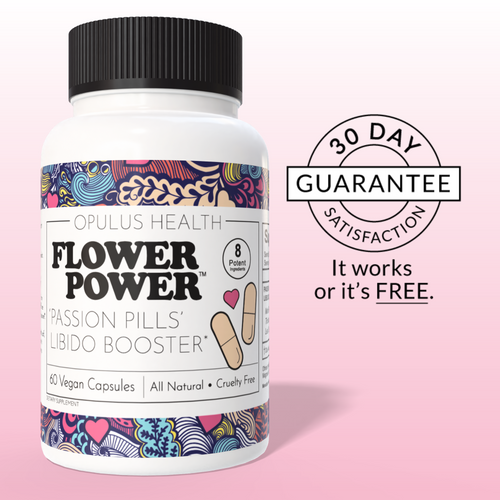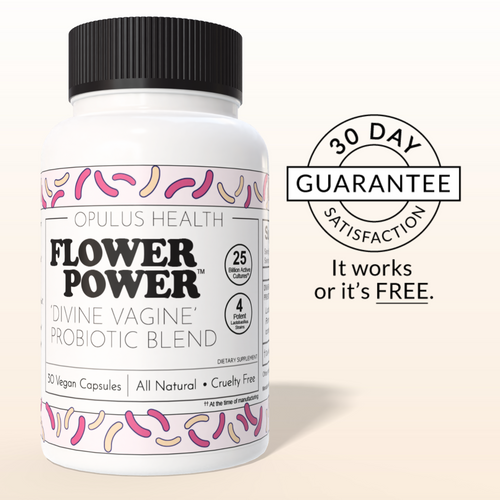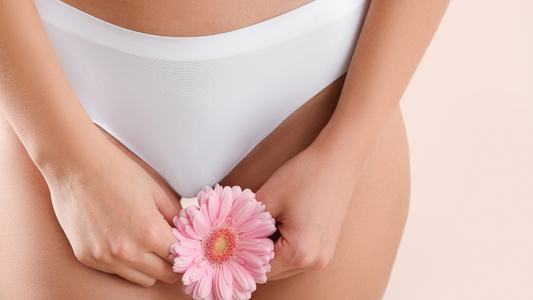Most people know water is essential for glowing skin, digestion, and energy—but few realize how strongly hydration impacts vaginal health. Vaginal tissue, like other mucosal tissue, depends on consistent hydration to stay supple, elastic, and naturally lubricated. When the body is dehydrated or lacks the right nutrients, discomfort, dryness, or irritation can follow.
How the Body Uses Water to Support Vaginal Tissue
Vaginal health depends on more than hormones—it also relies heavily on hydration. The vaginal lining is made up of mucosal membranes, which are soft, delicate tissues designed to stay moist and flexible. These tissues act as a natural protective barrier, but they can only function well when the body has enough water.
Here’s how hydration works inside your body to keep vaginal tissue healthy:
-
Elasticity and Comfort
Just like skin, vaginal tissue needs water to remain supple and elastic. Without enough hydration, the mucosa can become thin and fragile, increasing the risk of microtears, itching, or discomfort during intimacy. -
Blood Circulation and Arousal
Proper hydration improves blood circulation throughout the body—including the pelvic region. Increased blood flow is essential for arousal, since it triggers transudation (the natural release of moisture into the vaginal walls). Dehydration can limit this response, leading to reduced natural lubrication. -
pH Balance and Microbiome Support
Water also plays a subtle but crucial role in maintaining a balanced vaginal pH. A slightly acidic environment (between 3.8 and 4.5) allows healthy Lactobacillus bacteria to thrive while discouraging harmful bacteria and yeast overgrowth. When hydration levels drop, this balance can shift, making the vagina more vulnerable to dryness, irritation, and infections.
Simply put, hydration fuels the body’s natural ability to keep vaginal tissues comfortable, resilient, and protected. It’s one of the simplest yet most powerful steps women can take to support intimate health at every age.
Signs of Dehydration That Affect Vaginal Health
Most people recognize dehydration by common signs like headaches, fatigue, or dry lips—but fewer realize how deeply it can influence intimate health. Vaginal tissue, being highly sensitive, is one of the first areas to reflect a lack of proper hydration.
Here are key ways dehydration can show up in vaginal wellness:
-
Vaginal Dryness, Irritation, or Itching
Without enough water, mucosal tissue loses its natural ability to stay moist and resilient. This can cause dryness, itching, and a constant feeling of discomfort—even outside of intimacy. -
Discomfort During Intimacy
Adequate hydration supports circulation and lubrication. When hydration is low, women may notice less natural moisture during arousal, which can lead to pain or burning during sex. -
Thinner, More Fragile Tissue
Chronic dehydration can make the vaginal walls thinner and less elastic. This increases the risk of microtears—tiny injuries that not only cause pain but can also make the vagina more susceptible to infections. -
Reduced Lubrication During Arousal
Natural lubrication depends on blood flow and fluid availability. Dehydration slows both processes, meaning the body may struggle to produce enough lubrication when needed.
Recognizing these symptoms is the first step toward addressing them. If you frequently notice dryness or discomfort, hydration—alongside supportive lifestyle choices and natural products like She Juicy—may play a bigger role than you think.
Hydration and Hormones – The Connection
Hydration doesn’t work in isolation—its effects are closely tied to your body’s hormonal balance. Hormones regulate how well vaginal tissues retain moisture, how quickly the body produces natural lubrication, and even how resilient the vaginal lining remains. When hormones fluctuate, staying hydrated becomes even more important.
Here’s how hydration and hormones work together:
-
Estrogen and Vaginal Moisture
Estrogen is the primary hormone responsible for keeping vaginal tissue thick, elastic, and naturally lubricated. When estrogen levels dip—such as during menopause, postpartum recovery, breastfeeding, or while using certain forms of hormonal birth control—the body’s ability to hold onto moisture decreases. This makes hydration a critical part of supporting intimate comfort. -
Stress, Cortisol, and Dryness
Chronic stress raises cortisol, the body’s “stress hormone.” High cortisol can deplete hydration levels and interfere with arousal responses, resulting in less natural lubrication. Combined with poor hydration, stress can significantly increase the likelihood of vaginal dryness. -
Hydration as Hormonal Support
Drinking enough water and maintaining fluid balance can’t replace hormones, but it does help the body cope with these changes. Adequate hydration supports blood circulation, mucosal resilience, and overall comfort, counterbalancing some of the dryness linked to hormonal shifts.
When combined with natural lifestyle choices and hormone-free solutions like She Juicy, proper hydration becomes a foundation for keeping vaginal tissues nourished—no matter what stage of life you’re in.
Best Drinks for Vaginal Hydration
Not all hydration sources are created equal. While plain water is the foundation of overall wellness, certain drinks provide added nutrients and benefits that directly support vaginal tissue health, hormonal balance, and overall hydration. Choosing the right beverages can make a meaningful difference in how your body retains and uses moisture.
Here are the best drinks for vaginal hydration:
-
Water – The Gold Standard
Nothing replaces pure, clean water. Aim for at least 8 glasses a day, but adjust based on activity level, climate, and individual needs. Consistent water intake ensures mucosal tissues, including those in the vagina, stay supple and elastic. -
Herbal Teas
Caffeine-free options like chamomile, hibiscus, and rooibos not only hydrate but also provide antioxidants that fight inflammation and support tissue health. Herbal teas can also help manage stress, which is another factor that influences vaginal moisture. -
Coconut Water
Naturally rich in electrolytes like potassium and magnesium, coconut water helps the body absorb and retain fluids more effectively. This makes it a great option for maintaining vaginal and overall hydration. -
Infused Water
Adding slices of cucumber, lemon, or berries to water boosts antioxidants, vitamins, and hydration appeal. These infusions make drinking enough water easier and more enjoyable while offering extra skin- and tissue-supporting nutrients. -
Green Smoothies
Blending hydrating fruits (watermelon, oranges, pineapple) with leafy greens and flaxseeds offers not only fluid but also phytoestrogens and omega-3s—nutrients that naturally support vaginal health. -
Probiotic Drinks
Kefir, kombucha, or non-dairy probiotic beverages support gut and vaginal microbiome health. A balanced microbiome encourages natural lubrication and reduces the risk of dryness caused by infections or pH imbalances.
Drinks to Limit
While the focus is on what to add, it’s also important to note what to avoid or limit. Excess alcohol, sugary sodas, and caffeinated drinks can dehydrate tissues and contribute to dryness, undermining hydration efforts.
By choosing drinks that hydrate and nourish, you’re not just quenching your thirst—you’re actively supporting your vaginal health and overall well-being.
Key Takeaways
-
Hydration is essential for vaginal comfort, lubrication, and tissue resilience.
-
Caffeine, alcohol, and stress can worsen dryness.
-
Flower Power’s She Juicy works with your body to naturally support hydration from within.
Conclusion
Staying hydrated is one of the simplest yet most powerful ways to care for your vaginal health. By combining water-rich foods, stress management, and targeted supplements like She Juicy, you can create a daily routine that supports comfort and confidence at every age.
Ready to give your body the hydration it deserves? Explore Flower Power’s natural, hormone-free solutions today and feel the difference from within.

















